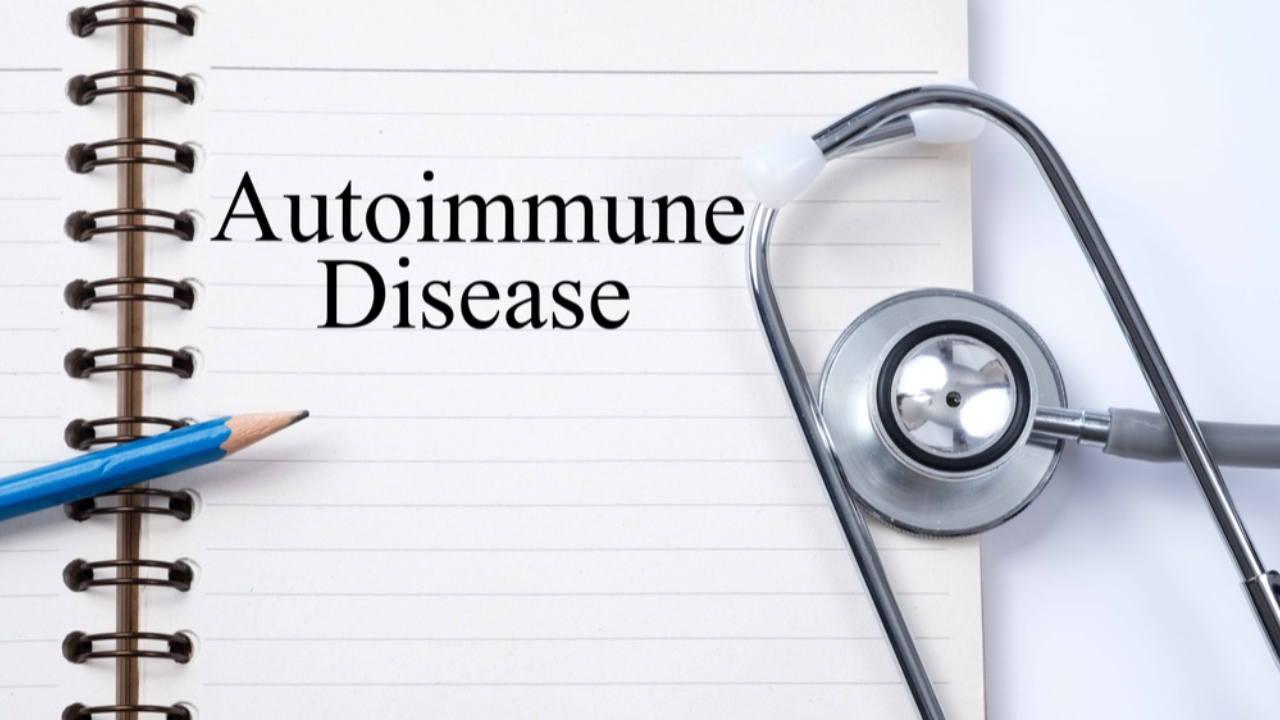What Is Autoimmune Inner Ear Disease?

The intricate complexity of the human body's immune system is a remarkable defence mechanism that protects us from harmful invaders. However, in certain cases, this defence mechanism can go awry, leading to a range of autoimmune disorders. One such disorder that remains relatively lesser-known but can have profound effects on an individual's life is Autoimmune Inner Ear Disease (AIED). In this blog we will shed some light on what AIED is, its causes, symptoms, diagnosis, and available treatment options.
What is Autoimmune Inner Ear Disease (AIED)
Autoimmune Inner Ear Disease (AIED) is a rare condition where the immune system mistakenly attacks the structures of the inner ear, particularly the cochlea and sometimes the vestibular system. Russo in 2019 suggested that it accounts for about 1% of all inner ear disease. In AIED, the immune system's attack on the inner ear can lead to hearing loss, dizziness, and a host of other auditory and vestibular-related symptoms.
Causes and Triggers
The exact cause of AIED remains somewhat elusive, but it's believed to be related to an autoimmune response where the immune system perceives the inner ear structures as foreign or dangerous. This misidentification triggers an inflammatory response that damages the delicate hair cells, nerves, and other components necessary for proper hearing and balance.
In some cases, AIED may be linked to other autoimmune conditions like rheumatoid arthritis, lupus, Ankylosing Spondylitis, or celiac disease. Certain genetic factors may also contribute to an individual's susceptibility to AIED. Additionally, environmental factors and infections might trigger or exacerbate the immune response in susceptible individuals.
Signs & Symptoms of AIED
The signs and symptoms of AIED can be wide-ranging and may vary from person to person. Because autoimmune inner ear disease usually affects hair cells of the cochlear and vestibular portions the inner ear there is generally both hearing loss and dizziness/vertigo. Less severe forms have just hearing loss (Hain). The hearing loss is usually gradual and can affect one or both ears. It might range from mild to severe and can involve different frequencies. Other symptoms can include:
- Tinnitus.
- Sensitivity to Noise.
- Ear Fullness or Pressure.
- Imbalance.
Diagnosis and Treatment
Diagnosing AIED can be challenging as its symptoms overlap with other ear-related disorders. Strum in 2020 indicated that AIED lacks an objective method of diagnosis as well as a consensus treatment protocol. That being said, audiometric tests along with vestibular function tests, are often used to assess hearing and balance. Blood tests to detect specific autoimmune markers might also be conducted. The response to immunosuppressive medication is also helpful in making the diagnosis.
Treatment of AIED generally involves a multi-faceted approach:
- Corticosteroids: High-dose corticosteroids, either orally or through intratympanic injection, are often used to suppress the immune response and reduce inflammation.
- Immunosuppressive Drugs: Medications that modulates the immune system might be prescribed to manage the autoimmune response.
- Hearing Aids or Cochlear Implants: Depending on the severity of hearing loss, hearing aids or cochlear implants can be recommended.
- Vestibular Rehabilitation: Vestibular rehabilitation therapy can help individuals regain balance and manage dizziness.
- Lifestyle Changes: Adopting a healthy lifestyle, managing stress, and avoiding triggers can contribute to better overall well-being.
Conclusion
Autoimmune Inner Ear Disease is a complex and often misunderstood condition that can have a profound impact on an individual's quality of life. While the exact cause and mechanisms are still being researched, early detection and proper management can make a significant difference in minimizing the impact of the disease. If you or someone you know experiences unexplained hearing loss, dizziness, or other auditory symptoms, seeking medical attention promptly is crucial for accurate diagnosis and timely intervention.


